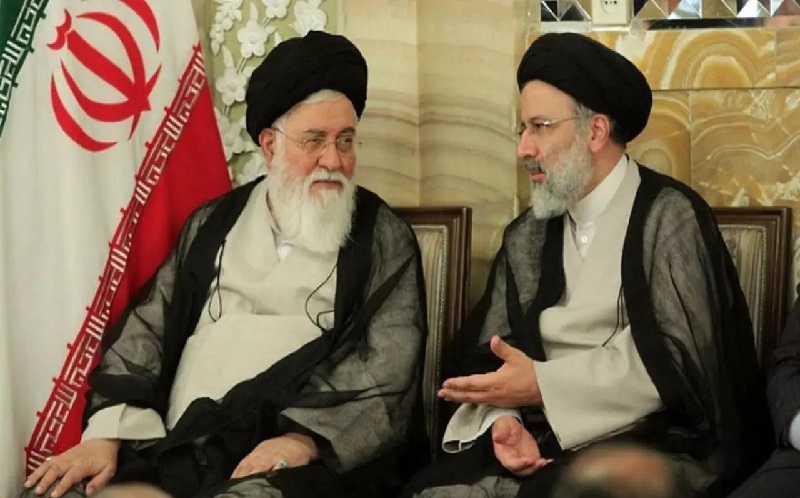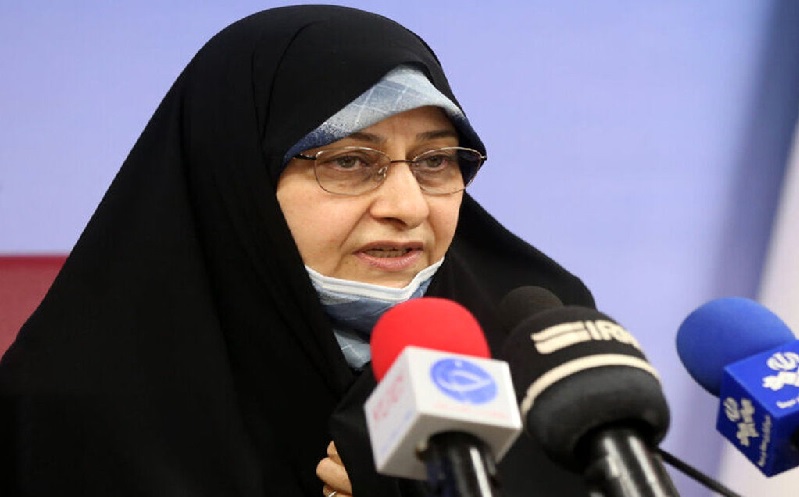On May 21, Ebrahim Raisi’s government approved and sent a bill on “Chastity and Hijab” to Iran’s Parliament (Majlis). The bill has sparked controversy among various factions of the ruling system in recent days since the penalties it imposes are mainly based on fines.
The bill refers to the violation of mandatory hijab as “nudity” and states that “partial nudity” will be subject to a maximum fine of 20 million rials (roughly $100) and “complete nudity” will be subjected to a maximum fine of 240 million rials (approximately $1,200) and deprivation of sixth-degree social rights. Additionally, a section of the bill states that if a driver or passengers fail to observe mandatory hijab three times, their vehicle will be seized, and they will be fined 10 million rials for each night.
Under the new bill, owners, and managers of public places such as stores, restaurants, cinemas, and sports and entertainment venues, who allow the “improperly veiled” customers, will not only be fined but will also be subjected to sealing and deprivation of tax exemptions and government tariffs.

Mohammad Mehdi Hosseini Hamedani, the Friday Prayer leader of Karaj and representative of Iran’s supreme leader Ali Khamenei in Alborz province, warned officials about the consequences of the new hijab bill and said that the bill could not prevent the collapse of the Berlin Wall. Meanwhile, Ahmad Alamolhoda, Khamenei’s representative in Mashhad, referred to the bill as the “Protection of Hijab Bill” and urged the Majlis not to approve it, which was supported by Hosseini Hamedani.
Hosseini Hamedani also criticized the growing trend of women defying their mandatory hijab, which he referred to as “the growth of deviance,” and emphasized that the judiciary should have submitted the bill to the government earlier. He also stated that the bill has some weaknesses in its initial stages, but if implemented, it will have a restraining effect.
Hosseini Hamedani stated that the bill’s spirit is not to fight against deep-rooted enemies of the clerical regime and that it is unclear whether some of its provisions repeal previous laws or whether the penalties it imposes can prevent the violation of what he called “public chastity.” The representative of Khamenei in Alborz province also recommended that the government, the judiciary, and the Majlis strengthen their ” awareness of the enemy.”
On May 21st, during his Friday prayer sermon in Mashhad, Ahmad Alamolhoda referred to a bill proposed by the judiciary and sent to the government for approval as the “Chastity and Hijab Bill.” He warned against the consequences of removing the mandatory hijab and stated that the bill should focus on protecting the hijab rather than fighting against it. He also suggested that the penalties imposed by the bill may not be sufficient to prevent violations of public chastity.
Meanwhile, the representative of Khamenei in Khorasan Razavi province requested that they not approve the hijab bill and criticized the fact that it reduces the violation of mandatory hijab from a crime to a misdemeanor. He also emphasized the importance of strengthening the government’s awareness of its enemies.
Ensiyeh Khazali, Raisi’s vice president for women and family affairs, stated that the government’s approach to combating the phenomenon of non-compliance with mandatory hijab is “cultural and social” and is not limited to the duties of the Women and Family Affairs Department. She also mentioned the budgetary limitations faced by her department and stressed that the government should focus on providing support for Islamic and standard dress to promote chastity.

This bill is among a wide range of measures the regime has taken to crack down on women, who have played a leading role in nationwide protests in recent years. However, despite these efforts by the regime, women continue to come to the streets every day to express their hatred for the regime and their desire for regime change.


